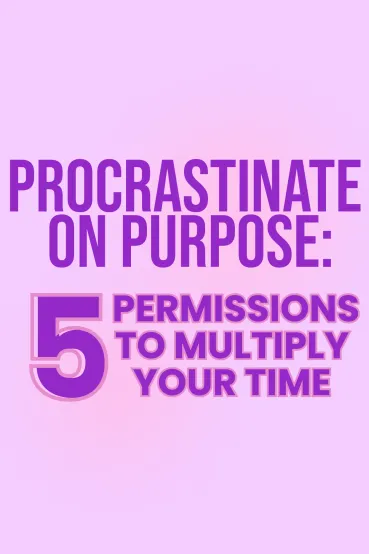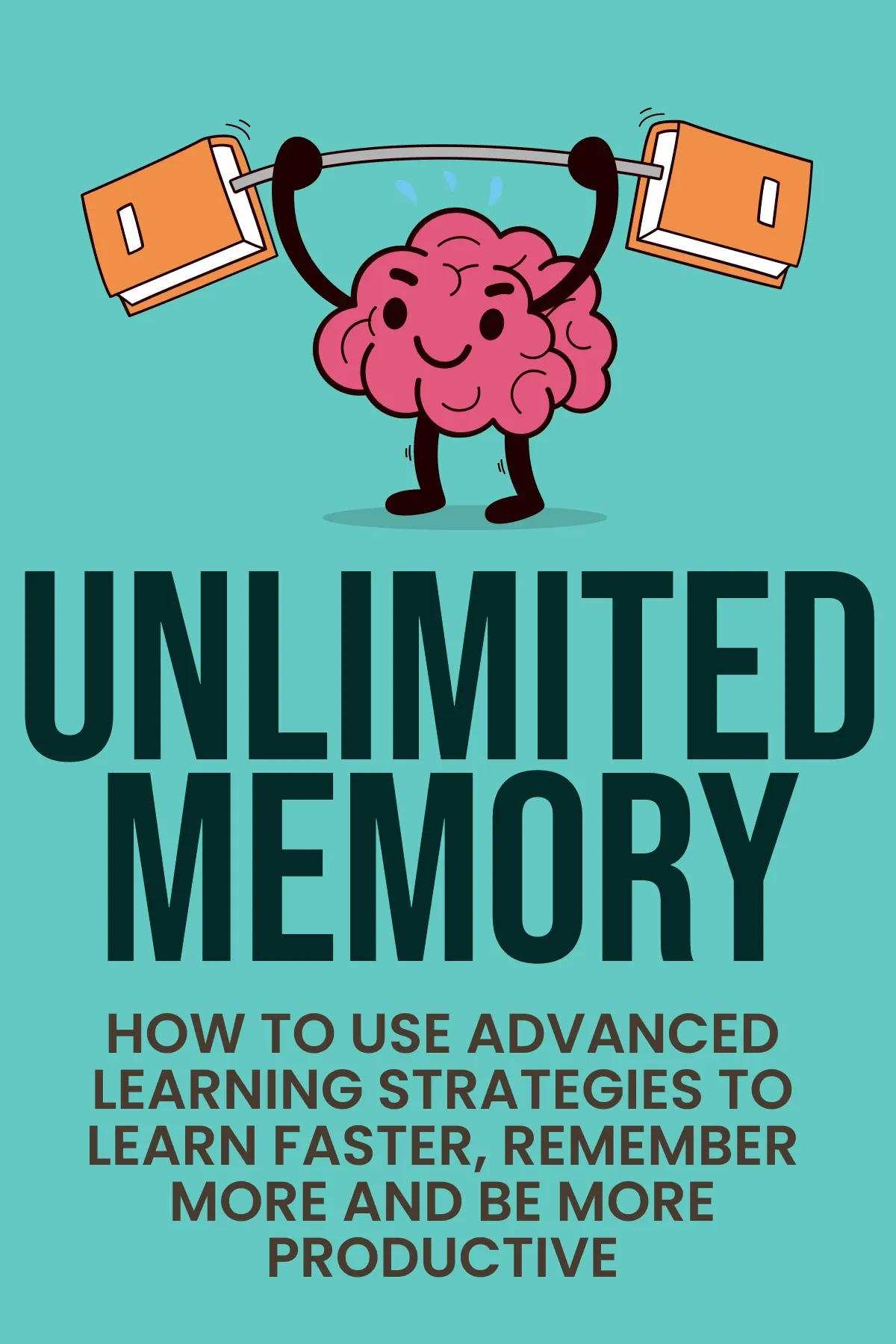
Procrastinate on Purpose
Brief Summary
“Procrastinate on Purpose” by Rory Vaden explores the ways to manage your time more coherently. You will discover tips and examples to help you achieve more with the same amount of time you have. If you keep adding tasks to your to-do list and feel constantly overwhelmed by your schedule — this book is for you
Key points
Key idea 1 of 8
Studies show that a person spends around 5 hours on routine tasks, such as preparing meals, cleaning, dressing, and so on. Let's not forget that people also have working hours apart from routine tasks. How can one learn to manage time to get everything done?
The first thing you can do is eliminate the habit of complaining. For instance, when communicating with others, Rory Vaden always tried to convey how much he worked and how occupied he was. According to some data, an average manager receives about 116 emails per day. It's no wonder Vaden's inbox was always overflowing and demanded a lot of time. However, after conversing with more successful individuals, he realized that they had the same schedule. Yet, they refrained from complaining. Now Rory understands that his image of busyness was personally crafted to feel important.
You need to think like a multiplier. These are the leaders who use their intelligence to the fullest, take responsibility for their lives, and multiply their time. For a multiplier, efficacy lies at the core. Efficacy measures "the quality of being successful in producing an intended result." One notable distinction separates the working principles of most individuals and the multiplier. It is that the latter doesn't rely merely on urgency and importance but also on significance. Thus, when analyzing a task and its execution, ask yourself three questions. A question about the urgency — "How soon does this matter?" "How much does this matter?" — the question that underscores its importance. "How long is this going to matter?" — the response to this question forecasts significance.
Vaden asked one of his acquaintances, a multiplier, why she was less busy than he was. She replied that she didn't have the time despite a full schedule and also saw no point in complaining. For her, it was a waste of her mental energy. Instead of fretting over a long list of tasks, she simply started doing the work.
Being busy doesn't equate to being important. If you commit to a task, you must realize that it will demand your time. You should have the time to execute it or refine an overloaded schedule. In any case, don't portray yourself as a victim of obligations.
FAQ
You may also like these summaries











